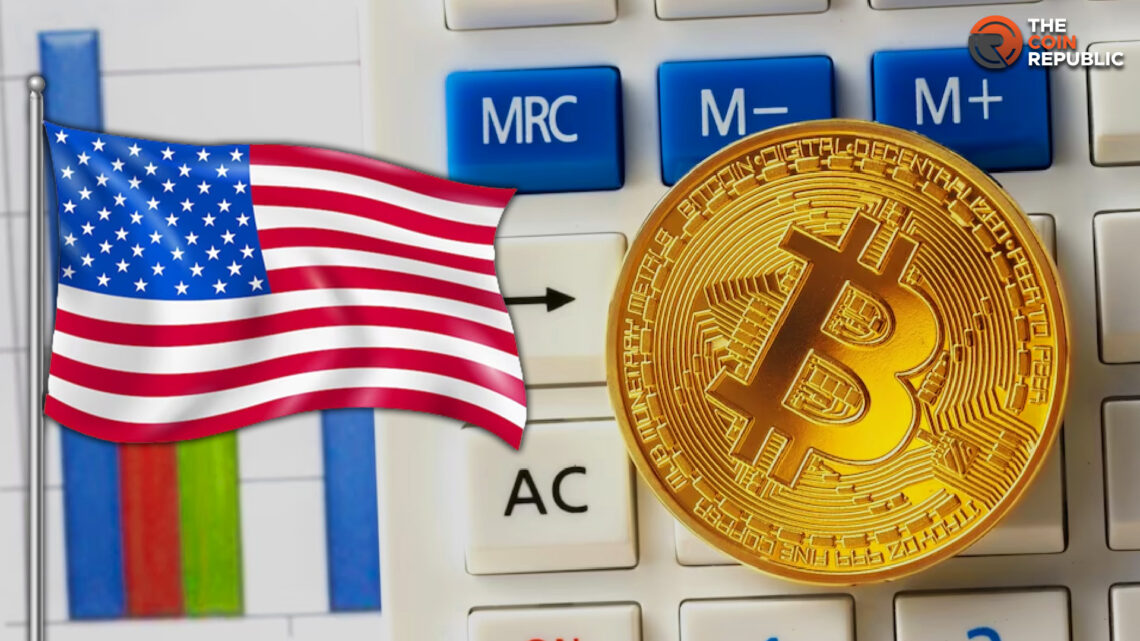- 1 The Biden Administration proposed new rules for crypto taxation.
- 2 Industry experts and the crypto community don’t seem to like it.
In an attempt to tackle the crypto taxation issue, the Biden administration proposed new rules but the industry is disappointed. On August 25, 2023, fresh guidelines for reporting crypto tax to the Internal Revenue Service (IRS) were released by slightly changing the 2014 rules. However, the industry does not like these changes.
𝗧𝗵𝗲 𝘁𝗮𝘅 𝗺𝗮𝗻 𝗶𝘀 𝗰𝗼𝗺𝗶𝗻𝗴 𝘁𝗼 𝗰𝗼𝗹𝗹𝗲𝗰𝘁.💰
— Dylan K (@MightyDylanK) August 28, 2023
The US Treasury Dep't just dropped a proposed rule to track crypto sales & exchanges for tax purposes.
It's part of a wider move by Congress to crack down on crypto tax payments.
Here's what you should know👇
/1 pic.twitter.com/ySi48SF52Z
Industry is Unhappy with New Crypto Taxation Rules
The main objection lies with including decentralized operations as these are critical aspects of the industry’s operation. However, there is still time for these rules to be inculcated, and they are currently in the public comment and hearing phase. Participants and industry experts have shared their concerns over specific aspects.
When the Biden Administration proposed these rules, the crypto community members voiced their concerns over the subject matter. These new reporting requirements would inadvertently involve decentralized cryptocurrency operations—a significant concern put forth by industry experts.
These decentralized entities are also considered brokers mainly because they facilitate transactions. They also uphold the ground principles of decentralization and autonomy of any user. If they are pulled into the mix, it would affect everyone associated.
What Seems to be the Problem?
The CEO of the Decentralized Finance (DeFi) lobby group, Miller Whitehouse-Levine, said the proposed rules need to be clarified. He pointed towards the vague language of the proposal. Without being specific, the proposal wishes to encompass other entities like self-hosted wallets, etc.
DeFi Education Fund CEO Miller Whitehouse-Levine called the rules “confusing, self-refuting, and misguided.” Messari CEO Ryan Selkis stated that President Joe Biden’s reelection would mean no future for the crypto industry in the country. pic.twitter.com/CJ7kBNAAA8
— dddeeert❤️ Memecoin (@dddeee6611) August 29, 2023
He also pointed towards the proposal’s paradoxical nature, mainly its “realization of transfers.” The term seems to be customized to fit the scope of crypto regulation. Experts also pointed out that players of the decentralized ecosystem, like wallet providers, will be inadvertently sucked into the whirlpool.
Also, smart contracts utilizing multiple-signature security mechanisms could be forced to have Know-Your-Customer (KYC) requirements for new users. This throws the anonymity out of the window and might attract few takers.
House of Financial Services Committee chair Patrick McHenry (R-C) acknowledged the positive aspects of the proposal. Including the effective date and exemptions, he also thinks that the proposal could fill in the gaps of the U.S. crypto regulation. Suggesting the required narrow and targeted approach towards regulating crypto aligns with Congress’ intentions.
United States Crypto Regulatory Scenario
The IRS issued the first guidelines for crypto taxation back in 2014 but the taxpayers were asked to report investments and gains in 2019. Current rules state that cryptocurrency and other blockchain-based digital assets must be treated as property, not currency while filing taxes.
An investor or trader must report crypto gains for a fiscal year and fill out Form 1040 during tax filings. The centralized crypto exchanges have to file 1099-k because they should inform the IRS about investors making annual transactions of over $20,000 or 200 plus transactions.
While buying/trading crypto, users generally use their bank accounts and credit/debit cards. A trailed IRS agency knows how to connect the dots and catch the individual if guilty. The details of how the IRS deals with crypto taxation, the difference between capital gains and crypto transactions, and the details on when it is taxed and exempted are already mentioned on various platforms.

Andrew is a blockchain developer who developed his interest in cryptocurrencies while pursuing his post-graduation major in blockchain development. He is a keen observer of details and shares his passion for writing, along with coding. His backend knowledge about blockchain helps him give a unique perspective to his writing skills, and a reliable craft at explaining the concepts such as blockchain programming, languages and token minting. He also frequently shares technical details and performance indicators of ICOs and IDOs.


 Home
Home News
News






